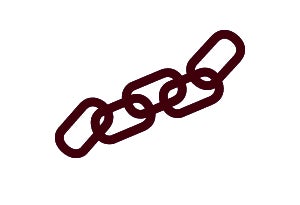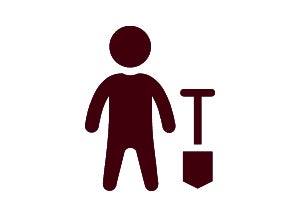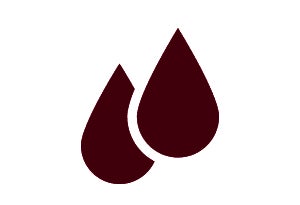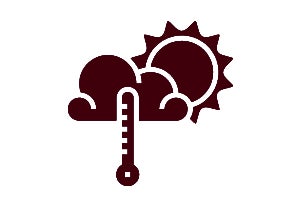Human Rights
For more than 130 years, we have operated our business understanding that we are integral members of the communities where we live and work.

Protecting human rights is fundamental to Hershey’s long-term success and resilience. As we pursue our goal of becoming a Leading Snacking Powerhouse, our commitments to human rights and responsible sourcing remain central. Working closely with industry, civil society and government partners, we will continue to build resilience throughout our value chain.
Our Human Rights Policy outlines our commitment to respecting human rights throughout our value chain, including efforts to prevent and address modern slavery and forced labor. This policy is core to our sustainability strategy and is regularly updated in consultation with stakeholders including suppliers, human rights groups, nonprofit organizations working in our raw material value chains, government representatives and labor organizations.
To learn more, read our policy, which is also available in French, Spanish, Chinese, Portuguese and Hindi.
Our Human Rights Due Diligence Approach
We implement our human rights strategy through due diligence processes based on the United Nations Guiding Principles on Business and Human Rights (UNGPs) and Organisation for Economic Co-operation and Development Guidelines for Multinational Enterprises (OECD Guidelines).
To enable people to exercise their fundamental human rights, we regularly identify, evaluate and prioritize action on the most significant, relevant risks through our six-step Human Rights Due Diligence (HRDD) process.
Our Salient Issues
Our Human Rights Policy identifies and prioritizes the most significant human rights risks throughout our value chain.

Living Wage
Hershey believes that every person deserves an opportunity to earn a decent living. We recognize the concepts of living wage and living income as human rights for people working for Hershey directly or within our value chain. We also understand that poverty increases the risk of human rights violations.
Hershey continues to advance living wage initiatives through our investments in the broader living wage landscape such as:
- Serving as a founder of WageMap, a multi-stakeholder coalition with a mission to support the achievement of living wages globally by creating consistent standards and benchmarking across various industries
- Supporting data provider, WageIndicator as a core funder to make their living wage benchmarks publicly available worldwide
- Co-chairing the AIM-Progress Living Wage Working Group
- Maintaining affiliate membership of Living Wage For US to leverage resources on benchmarks, gap assessment tools and remediation strategies
For more information, see our Living Wage page.
Responsible Recruitment
Hershey does not tolerate child or forced labor in our operations and value chain. One of the ways we combat forced labor is through our commitment to responsible recruitment and employment, and our endorsement of the Priority Industry Principles and the Employer Pays Principle. While the causes of forced labor are complex, Hershey recognizes the importance of promoting responsible recruitment and employment practices to ensure that no workers in our supply chain find themselves in situations of forced labor. Read more about our Responsible Recruitment Policy.








)
)
)
)
)
)
)